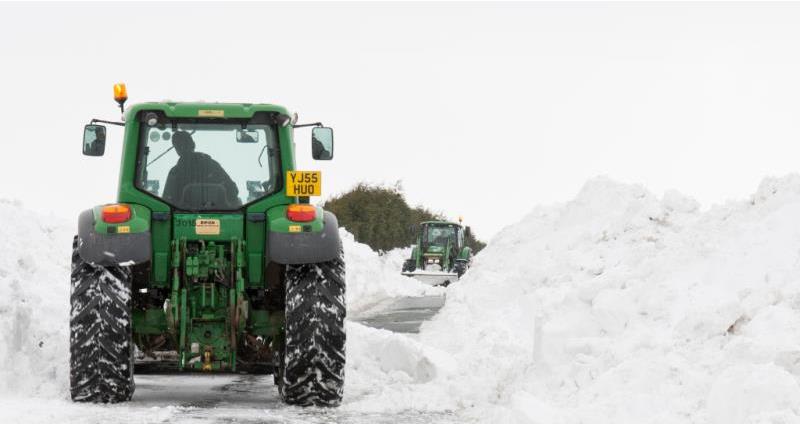The report highlights the full impact of the freeze followed by rapid thaw in March 2018 which had serious consequences for members in some parts of the country.
The report shows that more than 200,000 customers did not have water supply for more than four hours and tens of thousands were left off supply for days. Ofwat concludes there are some hard lessons for the sector and individual companies to learn.
Ofwat senior director John Russell said:
“While some water companies were well prepared for the severe weather – which had been forecasted – others performed badly, causing significant hardship for their customers. This is unacceptable and our report sets out the lessons to learn and action we expect companies to take in short order to make sure when a cold snap comes next winter, that customers are not again left facing the same hardships.”
Ofwat targeted four companies in particular – Severn Trent Water, South East Water, Southern Water and Thames Water – which it expects to publish, by 28 September 2018, an externally assured action plan setting out how they will comprehensively address the issues identified.
While companies have paid out £7m to customers in compensation, Ofwat concludes that current compensation arrangements do not properly reflect the impact on customers of not having access to water. The regulator has promised a further consultation to consider possible changes to compensation rules.
Paul Hammett, NFU water specialist who led the NFU submission to the Ofwat review welcomed publication of the report.
“The overwhelming majority of our members rely wholly or partially on mains water supply to meet their domestic and business needs and supply interruptions are intolerable for some and challenging for many”, said Paul.
“A constant theme in our member feedback was their shock and bewilderment at the scale of the problem and the length of time it took for normality to be restored”.
The Consumer Council for Water also published a report of customer experiences with supply disruptions in March 2018.
Key findings from the report:
- Communication by companies to their consumers was poor
- The provision of alternative, emergency water was inadequate
- Consumers in vulnerable circumstances had not been properly identified and catered for
- Businesses suffered all round rom poor communication from their wholesale water company; inadequate emergency water and inadequate compensation that didn't cover their losses.
You can find more about water supply interruption and farming impacts here
